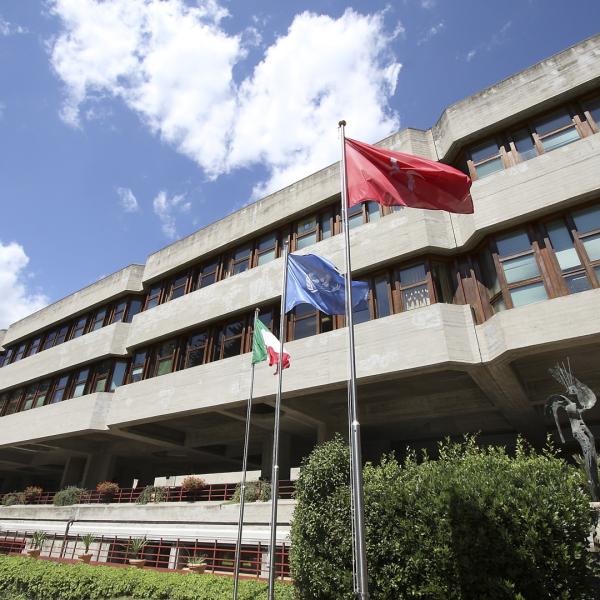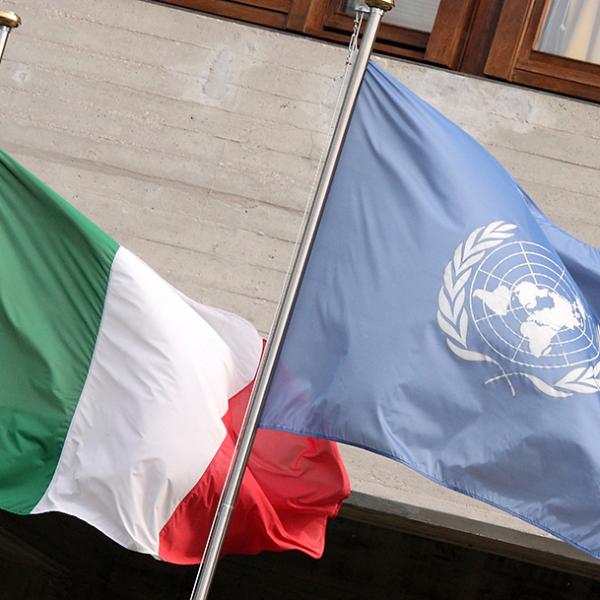
Back
Who We Are
Next

For more than 60 years, the Abdus Salam International Centre for Theoretical Physics (ICTP) has been a driving force behind global efforts to advance scientific expertise in the developing world.
Founded in 1964 by the late Nobel Laureate Abdus Salam and by Italian physicist Paolo Budinich, ICTP is a unique institution that explores fundamental scientific questions at the highest level, promotes active engagement with scientists in developing countries, and advances international cooperation through science.
ICTP alumni serve as professors at major universities, chairpersons of academic departments, directors of research centres and ministers of science and technology in nations throughout the developing world. Many of them have been recognized in their own countries and internationally for their contributions to science and science policy. The impact of ICTP extends well beyond the Centre’s facilities to virtually every corner of the Earth.
To learn more about ICTP's activity, download the ICTP brochure and its most recent annual report.
UNESCO, one of ICTP's UN sponsors, evaluated ICTP's performance over a 12-year period and discovered the following key strengths of the institute:
- ICTP’s mission and foundational principles of excellence, inclusion, and international cooperation remain highly relevant to the needs of developing countries, addressing the persistent North- South capacity gap and new technological challenges and opportunities.
- ICTP is considered a world class research institution by the plurality of informants consulted. It has a very high published paper-citation ratio, comparable to other world-class research institutions such as CERN.
- ICTP’s impact on advancing scientists’ careers in developing countries is significant. Indeed, ICTP is inclusive and levels the playing field in science by targeting and training young scientists from these regions especially.
- Besides addressing geographic barriers, ICTP is consistently mindful of other barriers that hinder access to scientific research, including gender inequalities.
- ICTP's educational and career development programs are highly regarded by participants, with students from the global South increasingly motivated to apply due to their scientific excellence, the high quality of teaching and ICTP's international dimension.
The full evaluation can be found here; a summary is available at the link below.




















